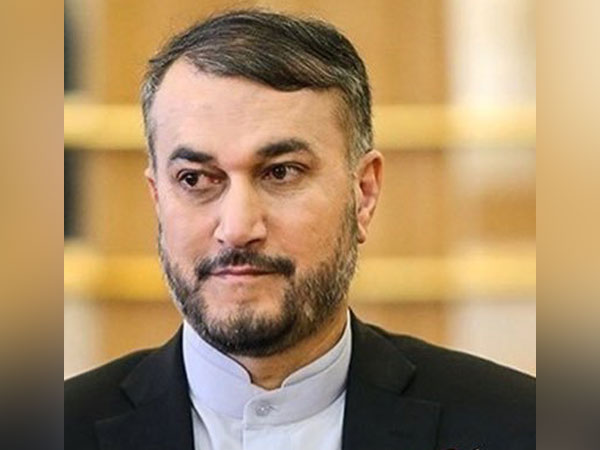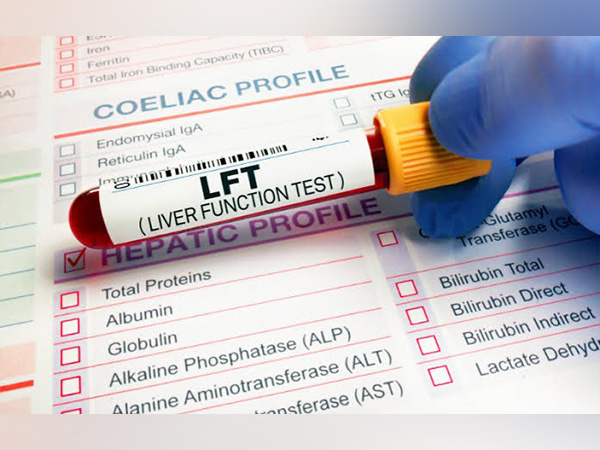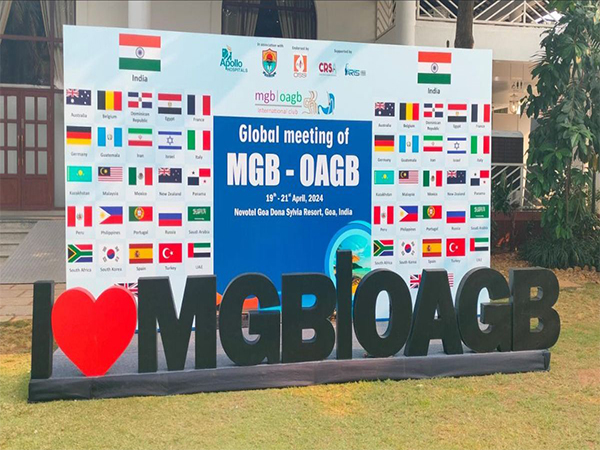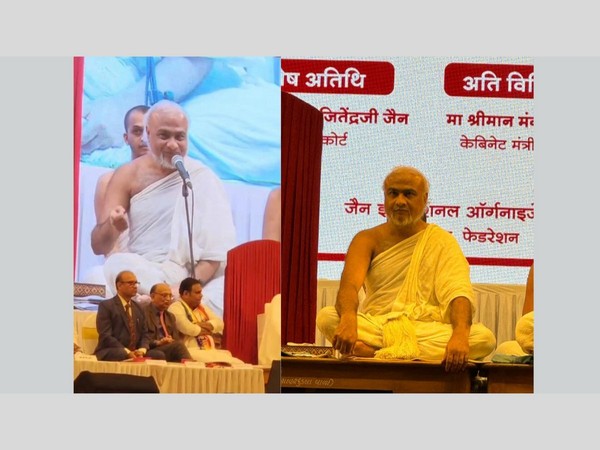
U.S. should unfreeze Iranian assets to show goodwill in nuclear talks: Iran's FM
Oct 04, 2021
Tehran (Iran), October 4: Iran's Foreign Minister Hossein Amir Abdollahian said on Saturday that he demanded the United States to show the "true will" of reaching an agreement with Iran by liberating part of Iranian assets frozen abroad under U.S. sanctions.
"If (U.S. President Joe) Biden's intentions are serious, he must first issue a serious signal, and one of those signs is to release at least 10 billion U.S. dollars of our own money," Amir Abdollahian said in an interview on Iran's IRIB state TV.
The Iranian chief diplomat said he recently sent that request during the UN General Assembly in mid-September when U.S. officials "tried to contact" him through different mediators.
Iran will "soon" return to negotiations over the 2015 nuclear agreement, but the United States "must show their true intention and will," he added.
Concerning Western governments hastening Iran to resume talks quickly, the minister said Iran's current administration, which assumed office in late August, needed a "reasonable amount of time" to prepare its negotiating team and strategy.
The precise composition of Iran's new negotiating team is currently being finalized, and the overall approach of the current administration to the nuclear negotiations is nearly completed, he said.
On Thursday, the EU High Representative for Foreign Affairs and Security Policy Josep Borrell voiced confidence at a news conference in Qatar's capital Doha, that talks to reactivate the 2015 nuclear agreement will resume "within an acceptable period of time."
Amir Abdollahian added if Iran's Western counterparts in the negotiation do not "show their true intention and will," the current Iranian administration will not "be idled at such a negotiating table."
Regarding the location and the format of negotiations, the foreign minister said he has no problem in continuing the talks in Austria's capital Vienna on the same format that was used in the previous six rounds, between April 6 and June 20.
Gilad Erdan, Israel's ambassador to the United Nations, said last week that the United States and its allies were increasingly considering a "plan B" to "stop Iran's nuclear program."
On this matter, the Iranian minister said that Western countries should make more efforts to the Iranian side that it will actually benefit from the nuclear agreement instead of talking about a "plan B," which is "some kind of a threat."
The diplomat also pointed out that Iran has made progress in its nuclear technology, which can make a contribution in the field of "peaceful nuclear science" for the world.
Source: Xinhua









